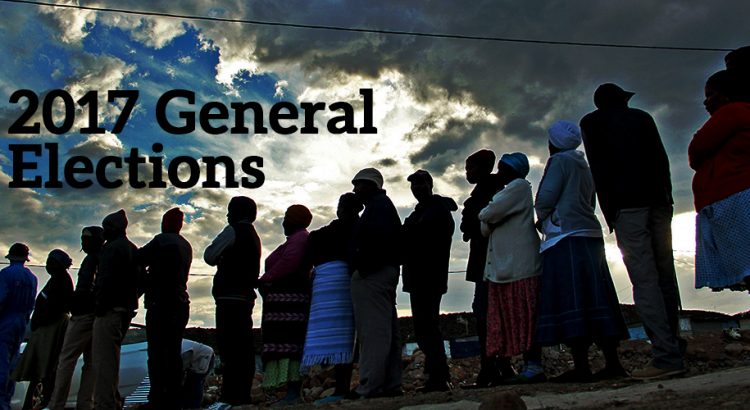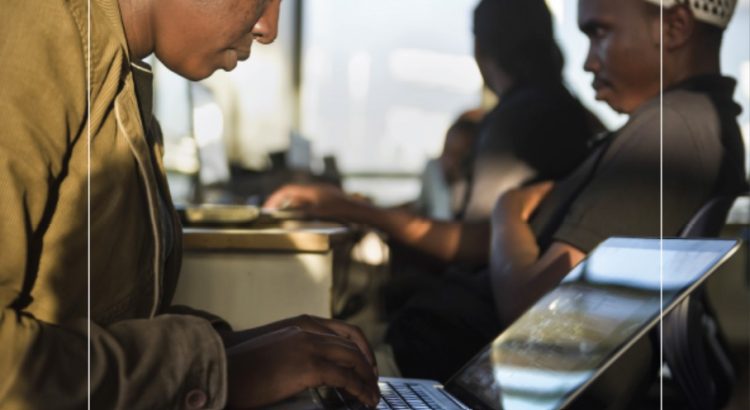Written by Kimani Njogu, originally published as part of a series of essays: Examining Civil Society Legitimacy
Kenya is often lauded for promulgating one of the world’s most liberal constitutions. Passed on August 27, 2010, it radically devolves power to county governments, ensures the separation of powers, and entrenches a progressive bill of rights. This would have been impossible without the work of robust, courageous, and independent civil society organizations (CSOs). Civic actors first laid down their recommendations for constitutional reform in the document “Kenya Tuitakayo” (The Kenya We Want), which became a crucial resource for the Constitution of Kenya Review Commission. After former president Daniel Arap Moi asked at a public rally what “Wanjiku”—a common name, meant to refer to ordinary Kenyans—could possibly know about constitution-making, civil society appropriated the term, popularized it, and turned it into an organizing symbol for the constitutional reform process.
Throughout the 1990s and 2000s, the legitimacy of Kenya’s civil society stemmed from its engagement with key issues that all citizens cared about. Following the liberalization of political space, CSOs undertook extensive civic education on basic rights and how public sector corruption affects citizens’ access to health, food, shelter, and education. They provided a link between citizens’ daily lives and the people who occupied leadership positions in government. Faith-based organizations offered sanctuary to those targeted by the state and used their platforms to speak about the need for political change.
Yet over the past ten years, the political climate has changed. A number of politicians have publicly questioned the legitimacy of CSOs, especially those engaged in governance and human rights. Some have referred to civil society as “evil society,” a label used to rationalize new restrictions on civic space. These attacks have their roots in the 2007–2008 electoral crisis. In the aftermath of the violence, CSOs worked closely with public institutions and international agencies to collect evidence against those suspected of having orchestrated unrest. When the International Criminal Court (ICC) indicted several senior political leaders, the latter used ethnic identity and nationalism to mobilize their followers to fight back. State functionaries accused CSOs of working with foreigners to undermine the sovereignty of the nation. Although the ICC later dropped the cases, the “foreign agent” label stuck. It has undermined CSOs’ relationship with the wider population and weakened their claims to legitimacy. Political elites’ incessant instrumentalization of ethnic identity has further exacerbated the problem. They have tried to paint civil society as ethnically biased in order to erode public trust in their positions. As a result, it has become harder for civic actors carry out their work.
Kenyan CSOs also have been tainted by the perception that they are partisan political actors. This perception is particularly damaging in a context of high ethnic polarization where oversight institutions are weak. During the 2013 and 2017 presidential elections, the incumbent government accused some civil society actors of siding with particular opposition candidates and political parties. This perception stemmed from the fact that parts of civil society voiced their opposition to politicians who had previously been indicted for crimes against humanity by the ICC and who were viewed as intolerant to the civil liberties enshrined in the constitution.
Perceptions of partisanship have not only alienated some civil society stakeholders but also fostered ideological divisions within civil society. Of particular concern, for example, are tensions over electoral justice between development and peace-building groups on the one hand and human rights organizations on the other. Whereas the latter emphasize that electoral justice is essential for sustainable peace, the former have argued that in a highly polarized nation like Kenya, electoral justice can only be realized in a stable, calm, and nonviolent atmosphere. The fact that some human rights actors have used labels such as “peace-preneurs” to categorize organizations working to prevent election-related violence does not help build the legitimacy of the sector. Instead, divisions among CSOs only serve as fodder for attacks by the political elite.
In the current hostile political context, public officials have also exploited administrative rules to crack down on civil society. As a result, it has also become crucial for all organizations to ensure they are properly registered and meet all statutory requirements. In August 2017, for example, the NGO Coordination Board set out to deregister the Kenya Human Rights Commission. It also instructed the Directorate of Criminal Investigations to shut down the operations of the African Centre for Open Governance (Africog) for allegedly operating without a registration certificate. Individuals from the Kenya Revenue Authority raided Africog’s offices over clams of tax noncompliance. Although these allegations were later debunked through the judicial process, it is noteworthy that the state had launched the attack based on alleged noncompliance with legal and regulatory processes. Kenya has hundreds of community-based organizations that generally are viewed as highly legitimate because they are known by their immediate constituencies, from the household to the village. They speak the language of their communities and undertake activities viewed as local priorities. These organizations can easily lose their legitimacy if they are no longer viewed as accountable and transparent in their work.
Kenyan CSOs face a delicate balancing act as they try to build legitimacy while facing continuous attacks by the state. To survive, they should continue to demand accountability in the use of public resources by leaders and public officials. Internally, they ought to build governance and monitoring and evaluation systems that enhance their transparency and advance their mission. They also have to engage with the issues that directly affect their constituencies. When the state seeks to limit civic space, our stakeholders in the communities we serve ought to be our first line of defense.
Kimani Njogu is the director of Twaweza Communications (Nairobi), an arts, culture, and media institution committed to freedom of expression. Dr. Kimani is Chair of the Board of Trustees at the Legal Resources Foundation Trust and Content-Development Intellectual Property (CODE-IP) Trust. He is a recipient of the Ford Foundation Champion of Democracy Award and the Pan-African NOMA Award for Publishing in Africa.


